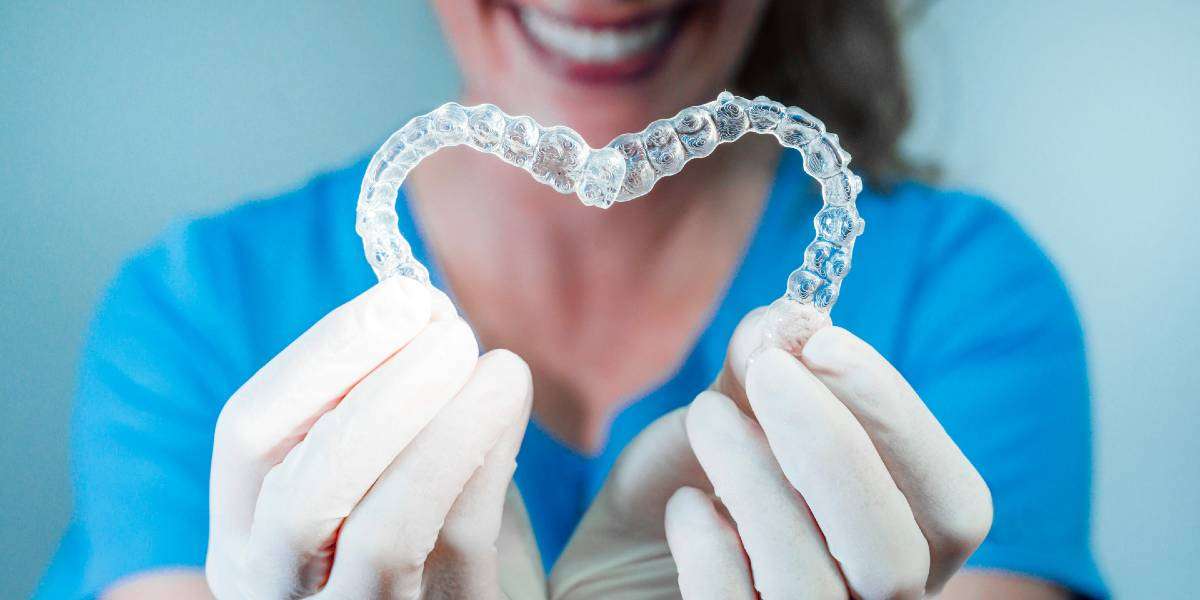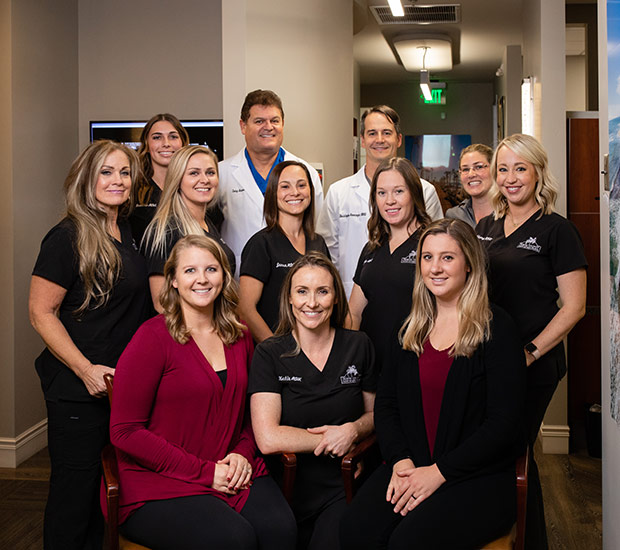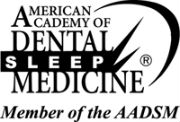The Importance of Regular Dental Checkups
One of the most effective ways to prevent gum disease and protect your heart is to visit your dentist regularly for checkups and cleanings. During these appointments, your dentist can remove any plaque or tartar buildup on your teeth and check for signs of gum disease or other oral health issues. They can also provide guidance on proper brushing and flossing techniques to help you maintain good oral hygiene at home.
Brushing and Flossing for Heart Health
In addition to regular dental checkups, proper brushing and flossing are crucial for maintaining good oral health and protecting your heart. Brush your teeth at least twice a day for two minutes each time, using a fluoride toothpaste and a soft-bristled brush. Make sure to brush all surfaces of your teeth and your tongue to remove bacteria and food particles.
Flossing is equally important, as it helps to remove plaque and bacteria from between your teeth and along your gum line. Aim to floss at least once a day, using a gentle back-and-forth motion to clean each tooth. If you have trouble with traditional floss, consider using a water flosser or interdental brushes.
The BaleDoneen Method
Here at North County Cosmetic and Implant Dentistry, we’re trained in the BaleDoneen method--an interdisciplinary approach to reducing arterial disease that lead to heart attacks and strokes. The method uses a combination of education, identifying plaque in the arteries, identifying and treating the cause of the plaque, and setting goals for treatment, including preventing and reversing existing disease.
As we’ve already discussed, one of the root causes of plaque in the arteries comes from periodontitis--otherwise known as gum disease. That means that your dentist can have a huge impact on your risk and treatment of arterial disease. That’s why we proactively treat gum disease using treatments like PerioProtect, LANAP, laser deep cleanings, and more.
Dental Treatments for Gum Disease and Tooth Decay
If you do develop gum disease or tooth decay, there are a variety of dental treatments that can help. In the early stages of gum disease, a thorough cleaning by your dentist or dental hygienist may be enough to remove the buildup of plaque and bacteria and prevent further damage to your gums. In more advanced cases, scaling and root planing may be necessary to remove plaque and tartar from below the gumline and smooth out the roots of the teeth to help prevent further infection.
For tooth decay, your dentist may recommend a filling or crown to restore the damaged tooth and prevent further decay. In more severe cases, a root canal may be necessary to remove the infected pulp and save the tooth from extraction. In all cases, it's important to seek prompt treatment for gum disease and tooth decay to prevent further damage.
Conclusion
Maintaining good oral health through regular dental checkups, proper brushing and flossing, and a healthy diet can help to protect your heart and reduce your risk of heart disease. By taking care of your teeth and gums, you're also taking care of your overall health and wellbeing.
Request an appointment or call North County Cosmetic and Implant Dentistry at 760-940-2273 for an appointment in our Vista office.
Recent Posts
Maintaining good oral health is essential for overall well-being. One of the key professionals who play a vital role in ensuring optimal oral health is the Registered Dental Hygienist (RDH). Let’s explore how regular visits to your RDH contribute to your overall health while giving you a healthy smile.The term “Certified Dental Hygienist” is actually…
Preventative dental care is essential for maintaining good dental health. Regular check-ups with a dentist can help identify and address potential dental issues before they become more serious. North County Cosmetic and Implant Dentistry in Vista, CA offers a range of preventative dental services to help patients achieve and maintain healthy teeth and gums.One of…
Among the most common dental problems that a general dentist treats are cavities. Most people will experience this form of tooth decay at some point due to:Dry mouthSugary foods and drinksPoor oral hygieneGeneticsThere are several types of cavities, and each can lead to complications without prompt treatment.A general dentist first considers a cavity's location when…







